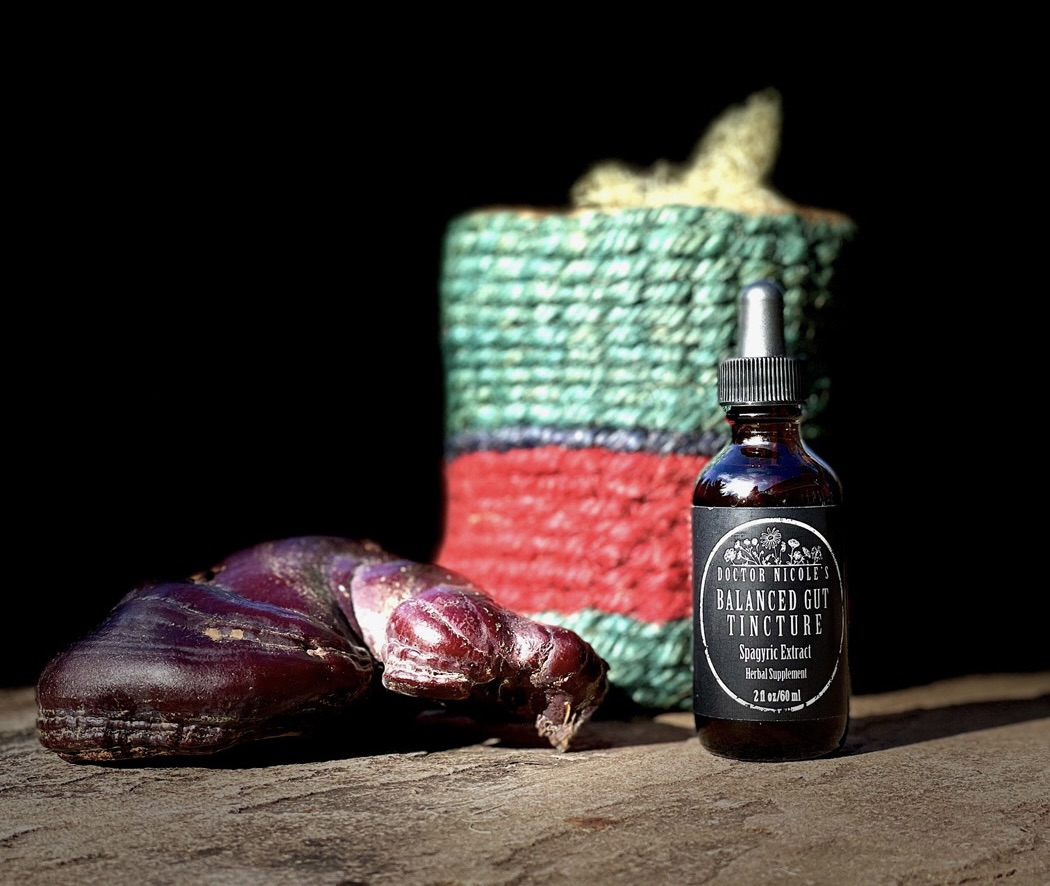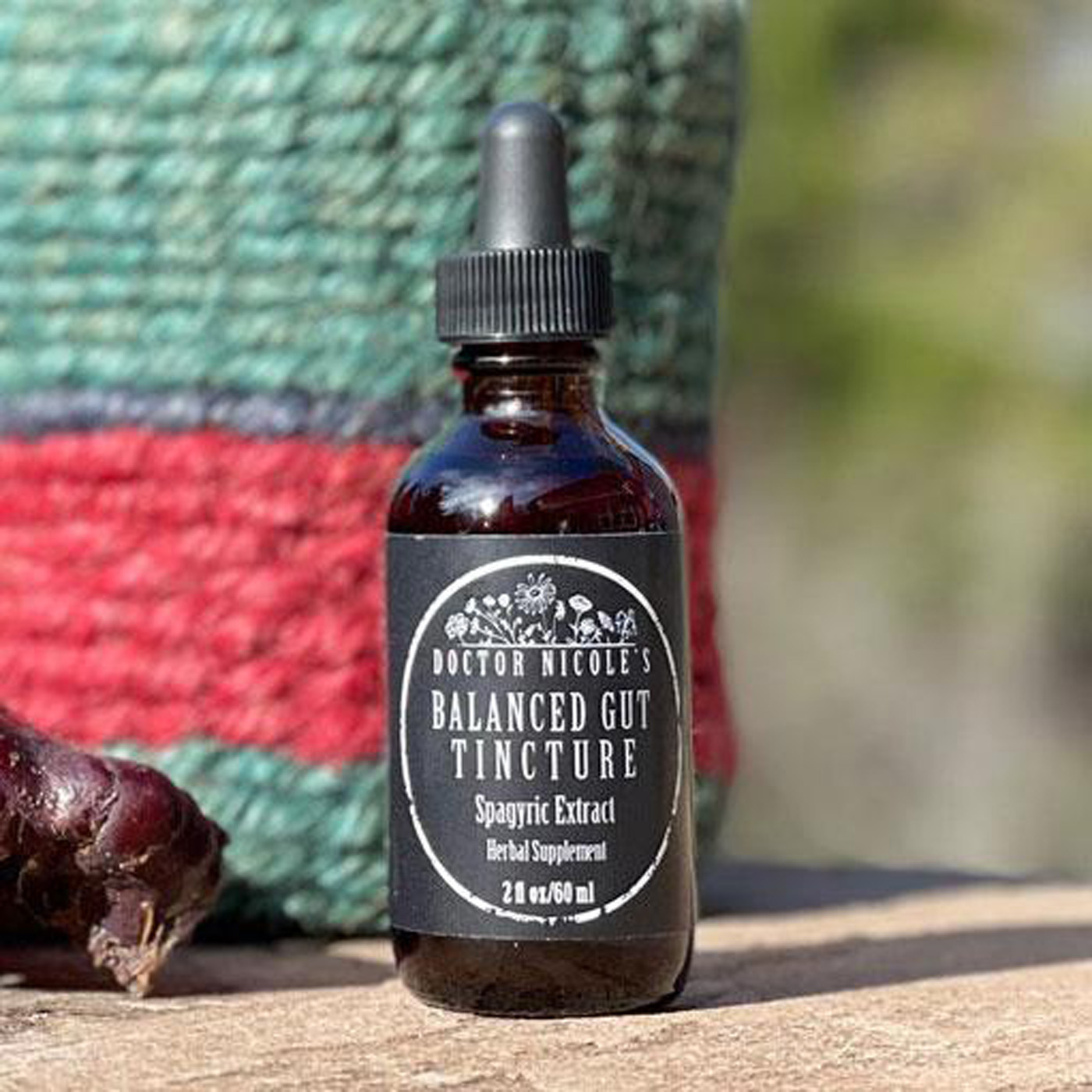Genetic Heritage and Health
Along your health journey, you may have come across the term ” MTHFR mutation” or had it come up on a home genetic test and wondered what it may mean. Technically speaking, MTHFR translates to methylenetetrahydrofolate reductase and a mutation may lead to high levels of homocysteine in the blood. It can also hinder the production and utilization of folate and other B-vitamins. Simply put, it impedes the methylation process (the movement of methyl groups to and from proteins, enzymes, hormones, and neurotransmitters).
This relatively common genetic mutation is associated with a range of health conditions, including Alzheimer’s, Hashimoto’s, cardiovascular disease, depression, anxiety, bipolar disorder, schizophrenia, chronic pain and fatigue, certain cancers, migraines, birth defects, and more. Keep in mind our genes are only part of our health story — much depends on environmental factors and lifestyle choices. So if you have been diagnosed with a MTHFR mutation, take heart! While we cannot change our DNA, we can take active steps for minimizing the impact of a less than ideal genetic heritage. Keep reading to learn how.

MTHFR Variants
Inherited at conception, gene mutations are acquired from your parents. With the MTHFR gene, you can inherit one or two mutations — or none at all. You receive a copy of the MTHFR gene from each parent — if you have one variant, it is called heterozygous and generally only causes mild health issues, if any. But some researchers believe inheriting two mutations, otherwise known as homozygous, you may be at risk for serious disease. The two variants of MTHFR mutations are:
C677T: Roughly 30-40 percent of Americans carry this mutation with 25 percent of Hispanic descent and 10 to 15 percent Caucasian.1
A1298C: While there is limited research on this variant, one study in 2015 found 7 to 14 percent of North American, European, and Australian populations had this mutation. Those of Hispanic or Asian descent were far less likely to have it.2
When one or more mutations is present, it hinders your ability to convert homocysteine (an amino acid) into methionine. High levels of homocysteine in the blood increases your risk of mood disorders, high blood pressure, impaired detoxification, and damage to the blood vessels. What’s more, when we do not methylate fully, it can lead to autoimmune disorders and certain forms of cancer, including those of the blood and breast.

Best Practices for Enhancing Methylation
It is important to note we are not at the complete mercy of our genetic makeup — we can make lifestyle and dietary choices to support health, regardless of a predisposition toward disease. These include:
- Avoiding synthetic B-vitamins and opting for pre-methylated folate and B2, B6, and B12.
- Consuming foods high in B-vitamins, such as asparagus, broccoli, avocado, dark leafy greens, bananas, poultry, low-mercury fish, and grass-fed meat.
- Implementing air and water filters, eating an organic diet, and using natural beauty products and soaps to limit toxin exposure.
- Consuming an antioxidant-rich diet with plenty of cruciferous vegetables, dark berries, and superfoods such as pomegranate, amla, camu camu, barley grass, spirulina, and cacao.
- Drinking plenty of water throughout the day (including lemon water), exercising, and taking infrared saunas.
- Using a glutathione (or precursor NAC) supplement everyday for detoxification and methylation support.
- Utilizing low-dose lithium to increase the transport of vitamin B12 and folate. You can learn more about this undervalued nutrient in my post, “The Connection Between Autism, Mood Disorders, and Low Levels of Lithium.”
A Note About Gut Health
A crucial aspect of minimizing the impact of a MTHFR mutation is to heal the gut to improve folate production and nutrient absorption, especially B-vitamins.3 Many times, those with autoimmunity, depression and/or anxiety, migraines, or another health concern have leaky gut — which can trigger or inflame the disease. This is why healing the gut is foundational for overall health and minimizing the impact of a MTHFR mutation.4 Thankfully, herbal remedies can be exceedingly helpful. My top recommendations include:
Reishi Mushroom
- Helps leaky gut through anti-inflammatory action
- High in beneficial beta glucans, glycoproteins, and triterpenes to support gut health
Turkey Tail Mushroom
- Calms inflammation
- Excellent source of prebiotics for encouraging a healthy microbiome by controlling the overgrowth of candida, while also feeding the “good” bacteria in the gut.
Plantain
- Anti-inflammatory
- Soothes mucous membranes
Slippery Elm and Marshmallow Root
- Forms a protective layer that helps the gut to regenerate
Lion’s Mane Mushroom
- High in antioxidants that cool the inflammatory response
Each of the above botanicals is included in my convenient Balanced Gut Blend. This powerful formulation helps to soothe and repair the intestinal tract and restore healthy gut function.
BEST EVER FOR LEAKY GUT!
“I’ve been using your gut tincture after being on a ton of other supplements for leaky gut since January. I can’t believe the difference your herbs have made!!! And the price is so much more affordable than all the other stuff I bought.” -Kelly G.
If you suspect a MTHFR mutation or struggle with another health concern aggravated by a compromised gut, this blend has been life-changing for many. Stop by the apothecary today to learn more!
Nicole Apelian
Nicole’s Apothecary Products in this Post
References
- “MTHFR gene variant” NIH NCATS Genetic and Rare Disease Information Center. https://rarediseases.info.nih.gov/diseases/10953/mthfr-gene-mutation
- Moll, S., & Varga, E. A. (2015). Homocysteine and MTHFR Mutations. Circulation, 132(1), e6–e9. https://www.ahajournals.org/doi/10.1161/circulationaha.114.013311
- Engevik, M. A., Morra, C. N., Röth, D., Engevik, K., Spinler, J. K., Devaraj, S., Crawford, S. E., Estes, M. K., Kalkum, M., & Versalovic, J. (2019). Microbial Metabolic Capacity for Intestinal Folate Production and Modulation of Host Folate Receptors. Frontiers in microbiology, 10, 2305. https://doi.org/10.3389/fmicb.2019.02305
- Martel, J., Chang, S. H., Ko, Y. F., Hwang, T. L., Young, J. D., & Ojcius, D. M. (2022). Gut barrier disruption and chronic disease. Trends in endocrinology and metabolism: TEM, 33(4), 247–265. https://doi.org/10.1016/j.tem.2022.01.002







